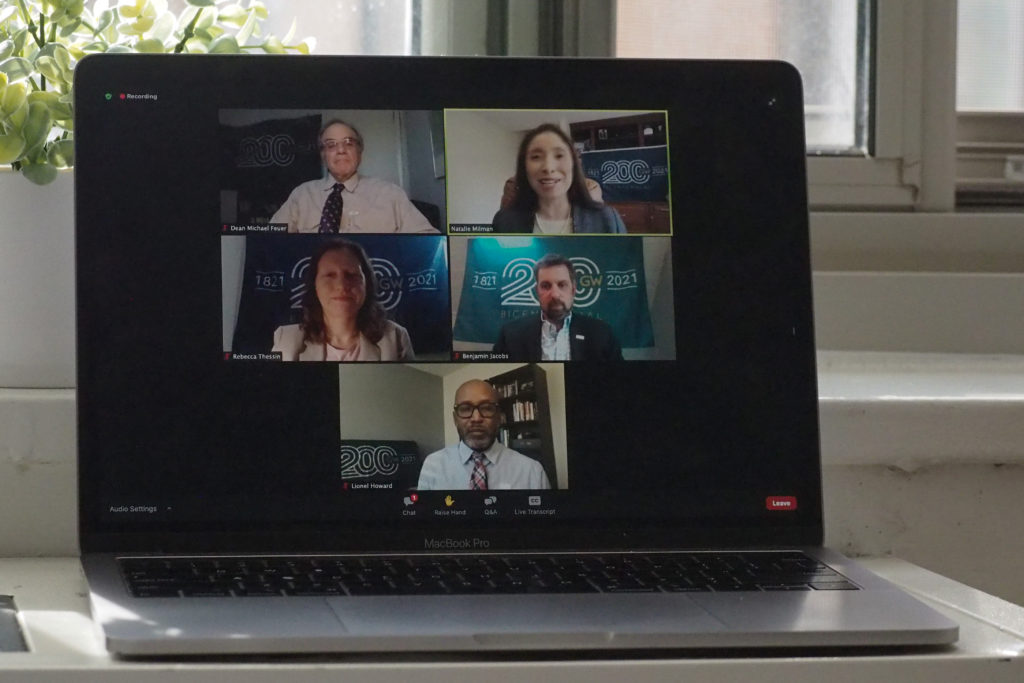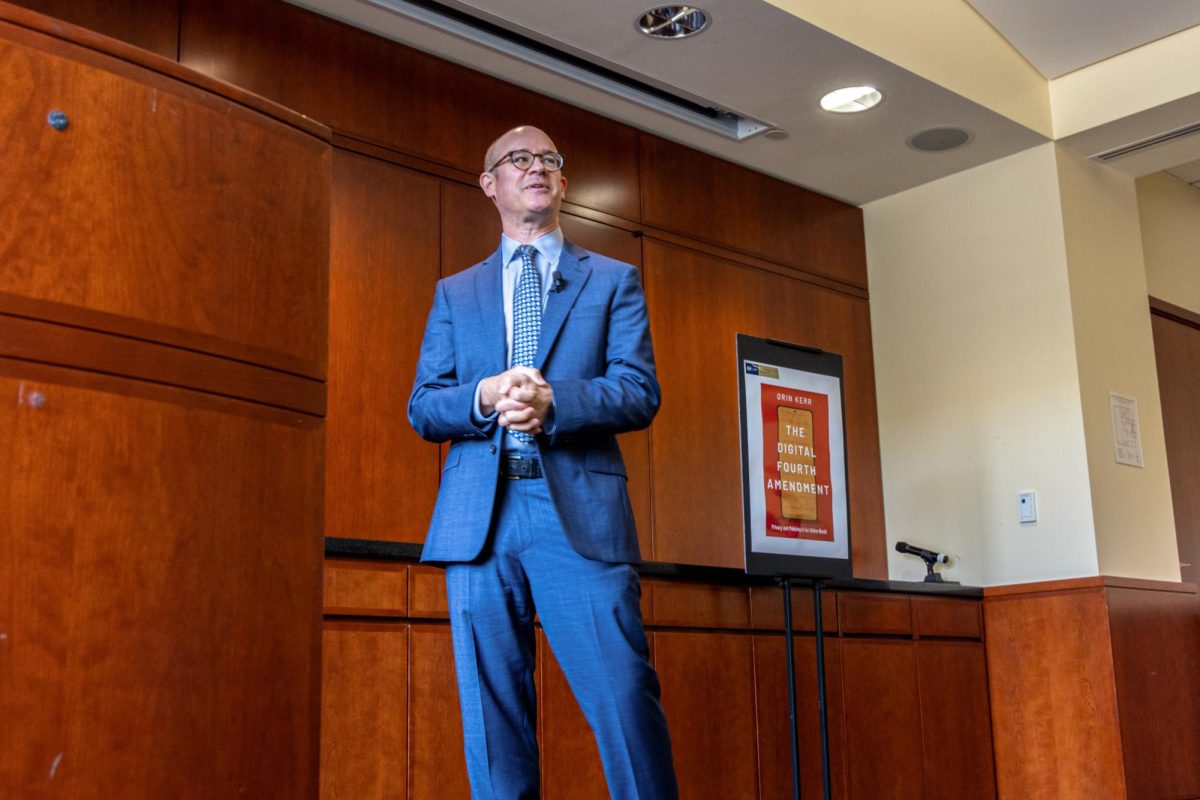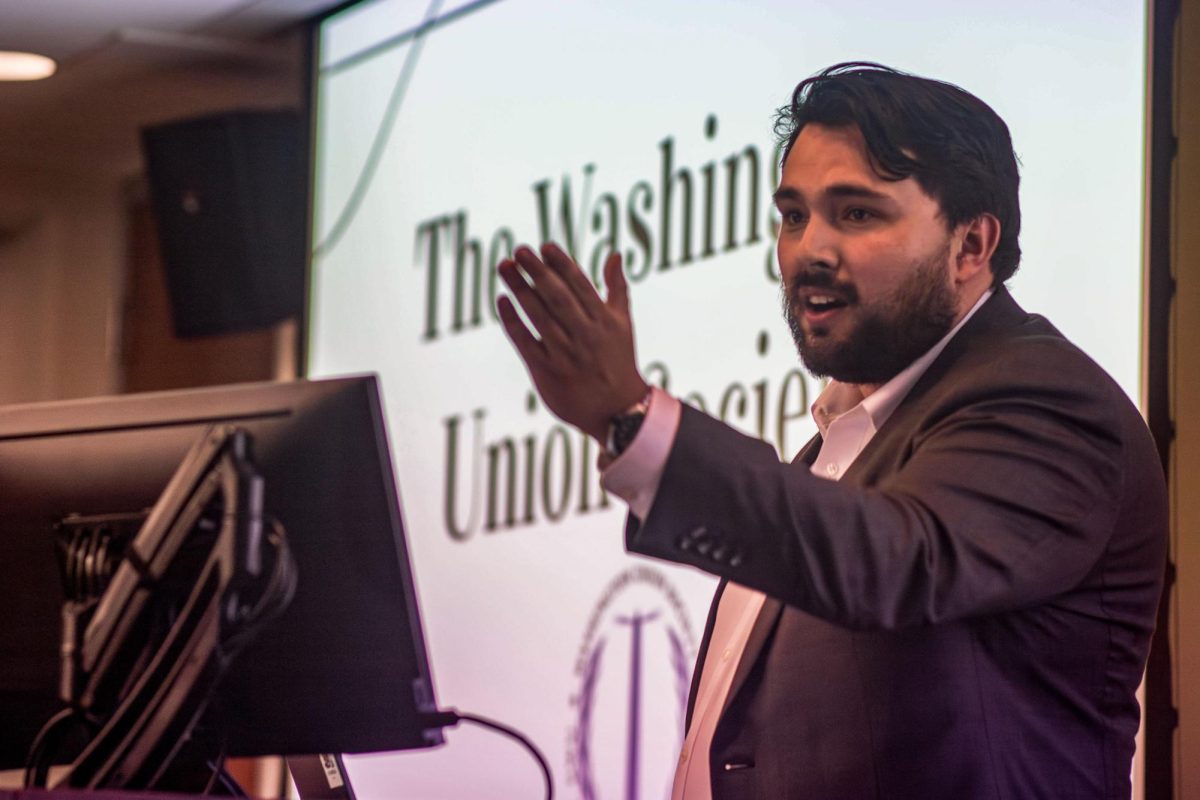A panel of education experts discussed challenges in academic performance during the COVID-19 pandemic Thursday.
The panel of GW professors spoke about changes in remote schooling, the increased effort to emotionally support school employees and students and the future of the K-12 American education. Michael Feuer, the dean of the Graduate School of Education and Human Development, and Anita Ponchione, the executive director of the School Alumni Programs, moderated this discussion hosted by the GW Alumni Association.
Here are some highlights from the event:
American education during the pandemic
Natalie Milman, a professor of educational technology, said she didn’t think education would transform as much as it did with remote learning.
“This is what I think of my counselling colleagues or the various colleagues who support and prepare leaders within our school – who can we turn to for help whenever we do need help and what can they do to make a difference?” she said.
Rebecca Thessin, an assistant professor of educational administration, said states implemented different guidelines for restoring instruction, including mask-wearing, social distancing and hybrid and social learning.
Thessin said school district leaders provided mental health support and met basic needs during the pandemic, including more leniency for their employees. She said districts also focused on COVID-19 safety through measures like encouraging students to use personal water bottles instead of the water fountains.
“The Alexandria City Public Schools in Alexandria, Virginia established SEAL Mondays, which they just began a week or two ago, which are in-person learning days focused on providing social, emotional and academic learning support to students identified in need of additional interventions,” she said.
The future of American education
Lionel Howard, an associate professor of educational research, said he’s focused on the future of education reform, which he said will mean starting fresh without the modern system of American education.
“I think that radical reimagination scares a lot of people because people haven’t built careers on these ideas,” Howard said. “People have sort of invested a lot of time, a lot of resources in these concepts. That might mean that you have to relinquish that stronghold to those ideas in that work.”
Howard said he’s disappointed to see people discuss racism as if it just appeared during the pandemic. He said students of color came to the classroom with concerns about their safety and the stability of their communities.
“And so how do we sort of learn from this moment?” Howard said. “How do we build from other national events that have happened?”








